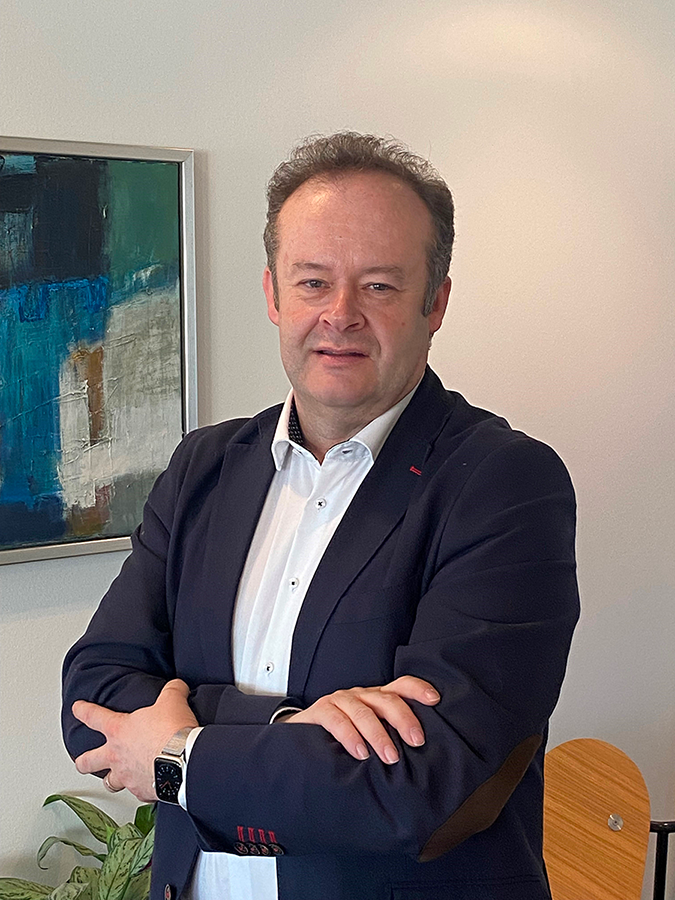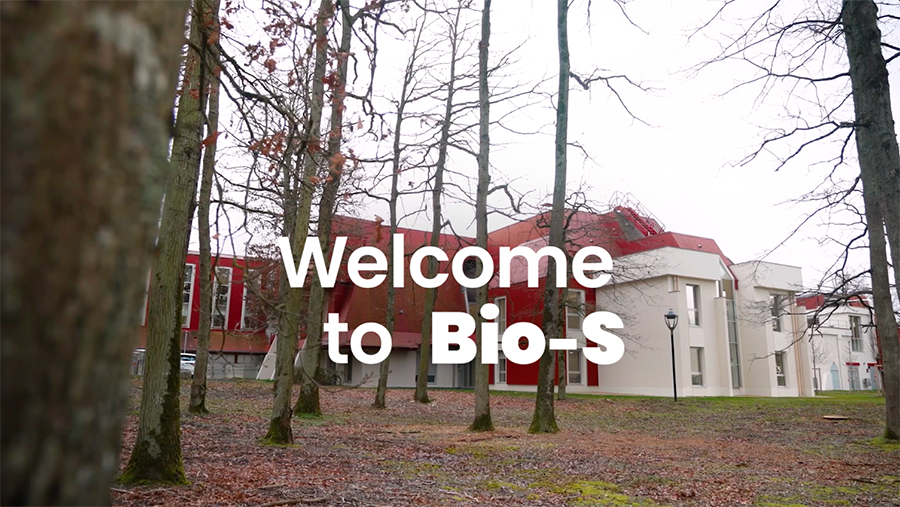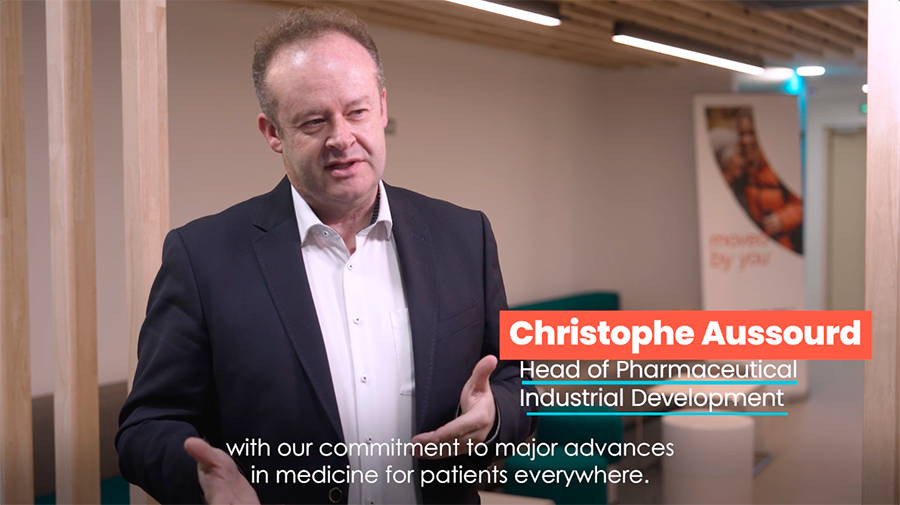Having been involved in the discovery and development of new biodrugs for the past ten years, we are now stepping up a gear with Bio-S, our own production unit for active ingredients derived from living cells. Located at our Gidy site in the Loiret region of France, this innovative unit brings together all the expertise required for the development of experimental biodrugs to support our clinical trials. A major step forward in the development of new therapeutic solutions for the benefit of patients.
Interview with Christophe Aussourd, Director of Pharmaceutical Development at Chemistry Manufacturing & Control (R&D)
Why is the production of biodrugs a global challenge?
Christophe Aussourd: Biopharmaceuticals are among the medicines of the future: nearly 60% of the drugs currently under development worldwide are biodrugs. Their specific mechanisms of action make it possible to target pathologies for which patients’ needs are not yet covered, as is the case for many cancers, certain chronic diseases and rare diseases. In this sense, biodrugs represent an immense source of hope for many patients.
How does the Bio-S unit fit in with our R&D strategy, and therefore with our ambition for 2030?

C. A. : Our ambition is to meet the medical needs of patients suffering from severe pathologies, by focusing our therapeutic development projects on oncology and neurology. We have decided to invest heavily in these therapeutic areas. We have been developing biodrugs for over ten years: first through subcontracting, and now with Bio-S, our first biomanufacturing unit integrated within R&D, and more specifically within CMC1. We have invested 85 million euros in this unit, to enable us to acquire in-house expertise in the development and manufacture of sterile injectable clinical batches for our biodrugs. Having our own biotech unit will enable us to provide clinical proof-of-concept for our biomedical candidates more rapidly. This agility will ultimately enable us to accelerate the development of these innovative therapies, so that they can be rapidly made available to patients who often have no other therapeutic alternatives, and for whom time is often of the essence…
What professions are covered by the new Bio-S unit?
C. A.: The Bioengineering teams are responsible for the technology transfer of manufacturing processes developed by our R&D colleagues at Symphogen in Denmark, or by our external partners. The Biomanufacturing team then takes over to produce the biological active ingredient of the biomedicine under GMP2 conditions. The Fill & Finish team then aseptically fills vials or syringes with the active ingredient, in liquid or lyophilized form. Supervision of the production environment and quality control of the finished product is the responsibility of the Quality Control team, who ensure that sterile conditions are maintained at every stage of production, so that the finished injectable product meets pre-established analytical specifications. The Quality Assurance team ensures that all manufacturing and control stages are carried out under GMP conditions. Finally, there are all the support services essential to the production of these biodrugs, notably equipment and utilities maintenance, logistics, IT systems, etc. In all, some sixty people currently work at Bio-S. They will be recruited as soon as the plant is certified. As soon as the unit is certified, they will be able to produce around ten kilograms of biological active ingredient per clinical batch, and up to around 15,000 units of vials or syringes per batch of finished product.

Why did you choose the Gidy site for this new biomanufacturing facility?
C. A.: Because of its proximity to our R&D Institute in Paris-Saclay, as well as to the CSU3 teams in charge of packaging and clinical distribution of our experimental drugs on the Gidy site. Unique in Europe, R&D through Bio-S and CSU brings together in a single location all the CMC expertise needed to supply biodrugs for our clinical trials: the production of clinical biological active ingredients, the production of injectable drug products, their packaging and worldwide distribution. Currently undergoing qualification prior to certification by ANSM (the French agency for the safety of medicines and healthcare products), Bio-S should start producing its first clinical batches at the end of 2025.
What does the production of biodrugs represent for Servier?
C. A.: Around 50% of our development projects. For us, biodrugs are complementary to the development of drugs whose active ingredient is derived from chemical synthesis. In the years to come, thanks to the development of new modalities such as ASOs4 and ADCs5, for example, we will be bringing these two worlds – the biological and the chemical – together. By grafting these chemical molecules onto monoclonal, bi- or trispecific antibodies, we can be even more effective in developing targeted therapies to treat ever more pathologies and help improve patients’ lives.

[1] Chemistry Manufacturing & Control.
[2] Good Manufacturing Practices
[3] Clinical Support Unit
[4] Antisense oligonucleotides. A major advance in precision medicine, ASOs offer new treatment prospects for patients suffering from serious genetic diseases. This innovative technology makes it possible to rectify errors in the body’s genetic information.
[5] Antibody-Drug Conjugate. Antibody-drug conjugates used to target specific diseases (cancers, autoimmune diseases, etc.).
